DIME Refugee Student Council
“Advocating for and fostering refugee student-led initiatives.”
DIME Refugee Student Council members are mainly graduates from the Habesha Americas and Complementary Pathways programs. Members come from nationalities such as Colombia, Honduras, Nicaragua, El Salvador, Syria, Yemen, Haiti, South Sudan, and Venezuela.
Since December 2022, the Council has been led by young refugees living in Mexico. Representatives are democratically elected by refugee students enrolled in Habesha’s scholarship programs. The council seeks to advocate for and foster refugee student-led initiatives, engaging with similar national and international networks to share experiences and create spaces for meaningful participation.
Main Activities of the Good Practice
The main activities of the Council include:
Representing and pursuing the capacities of refugee students enrolled in Habesha’s scholarship programs by setting good practices from the base of the Council, internal guidelines, corporate image, and some other documental instruments to provide structure, formality, and sustainability;
Implementing good practices by participating and engaging with other organizations (national and international) and collaborating with stakeholders from civil society and student associations, raising students’ voices, ensuring meaningful engagement and representation, fostering awareness and refugee students capacity building;
Participating in cultural events and sharing experiences with the local community. Cultural events including Intercultural Mobility Weekend and Student Leadership Meetings, promoting inclusivity, intercultural exchange, and diversity between refugee students and the local community.
Actively representing and accompanying students and alumnus of the Habesha program in different universities-led events, highlighting the importance of involving refugees in decision-making that addresses matters that concern them. Attendance and participation in forums or conversations of interest to refugee students’ community to contribute ideas and opinions.
The Council and its members have participated in and co-organized events such as Migration Summit, sessions on meaning participation and engagement, among others.
Establishing an Interuniversity Projects (PIUCERD), that will provide financial support to student-led projects from the Council’s refugee student community. PIUCERD recently won a grant provided by Cohere for RLOs for its development.
Partners Involved
The DIME Refugee Student Council is an independent body, led by young refugees who are recipients of the Habesha Project scholarships. Diálogo Intercultural Mexicano (DIME), has provided the Council with invaluable technical assistance in areas such as finances, monitoring, evaluation, and training in specific skills. Despite DIME’s transition to becoming the regional office of the U.S. Committee for Refugees and Immigrants for Latin America and the Caribbean, it remains the Council’s main partner and continues to provide support and assistance.
Challenges encountered by the Initiative
DIME Refugee Student Council has encountered various challenges along its journey, including:
People's lack of interest in the topic, compounded by the absence of information channels;
Limited resources both financial and human, which makes it difficult to implement inclusive programs and activities that broaden perspectives. The Council do not have a fiscal registration, therefore cannot receive funds directly; thus, USCRI (Formerly DIME) receives the funds on its behalf.
How were they overcome
The Council convened strategic meetings with the local communities. Primary partners in this initiative included the USCRI’s Local Student Committees (LSC) network, present in eight universities across the country. The LSCs has been helping the Council to organize events, fundraise for their programs, and promote social media campaigns advocating for the Council’s projects and initiatives;
The Council has established connections with key stakeholders to enhance widespread awareness, foster secure environments, and promote the exchange of best practices.
Lessons learned and results
The Council has learned several lessons from past activities, challenges and successes including:
Fostering a greater sense of belonging among our student community has enabled us to grow and evolve as a refugee-led association;
Sharing experiences with other associations and organizations allowed us to acquire greater knowledge regarding meaningful participation, representation, advocacy, and projects and connect with people facing similar challenges and backgrounds, joining forces to create solutions together;
The absence of inclusive spaces/platforms and more young refugee leaders involved in these spaces, we can learn the best lessons by insisting and not giving up because by creating a sense of community, our voices have a better chance of being heard and attended to;
Cooperation with civil society institutions and international organizations, allows youth-led initiatives to maintain essential documents and mechanisms supporting the initiative's structure and history.
Submitted by:
José Andrés Madriz Villarroel, Member of Refugee Student Council,
Josearmv168@gmail.com
Ared Alejandra García González, Programs Director, USCRI Mex,
agarcia@uscrimail.org


